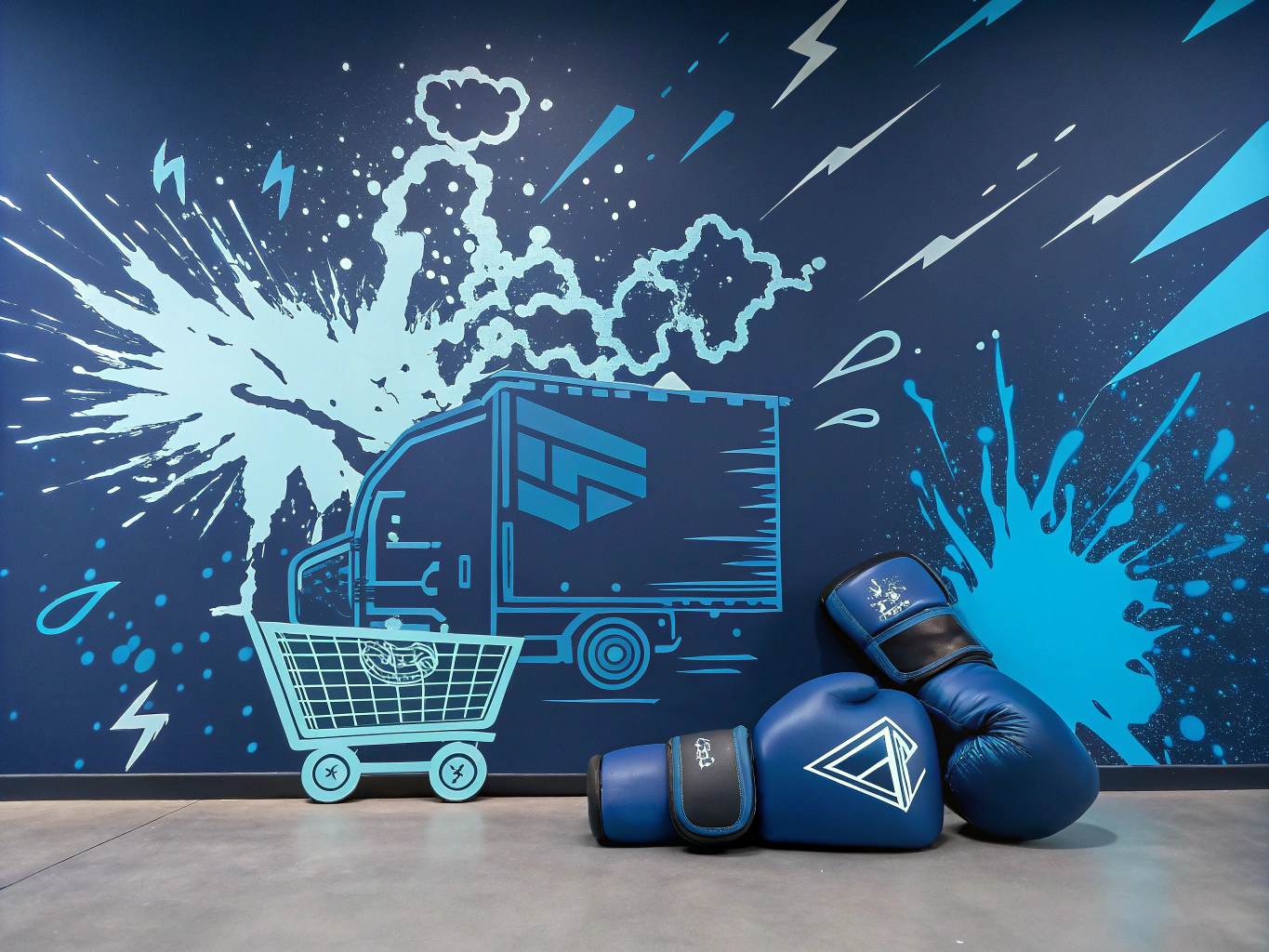
Choosing Your E-Commerce Path: Shopify vs Amazon FBA
As a business owner navigating the e-commerce landscape, one of the pivotal decisions you’ll face is choosing the right platform for your online store. Should you create a standalone store on Shopify, or leverage the expansive reach of Amazon FBA? Each option comes with its unique set of advantages and challenges. For a deeper dive into this topic, I recommend checking out the detailed comparison on Shopify vs Amazon FBA.
The Shopify Advantage: Building Your Brand
Shopify empowers you to craft a distinctive brand identity. With its customizable templates and wide array of apps, you have the freedom to design a store that mirrors your brand’s personality. Shopify’s platform supports you in building a direct relationship with your customers, giving you complete control over your marketing strategies and customer data.
By opting for Shopify, you’re investing in long-term brand equity. You’re not just selling products; you’re creating an experience that resonates with your audience. This strategy can lead to increased customer loyalty and higher lifetime value. However, as a Shopify store owner, you also bear the responsibility for driving traffic to your site, which requires a solid marketing plan and a deep understanding of your target audience. For insights on crafting these marketing strategies, you might find Designing Disruption: Shopify vs Amazon FBA Showdown useful.
Amazon FBA: Leveraging Scale and Logistics
Amazon FBA offers a different kind of advantage: access to a massive, ready-made customer base. With millions of active buyers, Amazon provides unmatched marketplace visibility. When you choose FBA, you’re tapping into Amazon’s sophisticated fulfillment network, which handles storage, packing, and shipping for you. This allows you to focus more on product sourcing and less on logistics.
The trade-off with Amazon FBA is that you’re one of many sellers on a crowded platform. While you can reach a vast audience, differentiating your brand can be challenging. Additionally, you may face competition from Amazon itself, which can undercut your prices or even replicate your products. Nevertheless, for many, the vast potential for sales outweighs these challenges. Explore more about these dynamics in Amazon FBA vs Shopify: Crafting Innovative Retail Designs.
Navigating Business Strategy and Growth
Deciding between Shopify and Amazon FBA largely depends on your business strategy and growth objectives. If your goal is to build a unique brand with a loyal customer base, Shopify offers the tools and flexibility you need. However, you’ll need to invest in marketing and customer acquisition strategies to drive traffic and sales.
On the other hand, if you’re looking to maximize sales volume quickly, Amazon FBA provides a platform with extensive reach and logistical support. This choice is particularly beneficial if your products align well with Amazon’s existing customer expectations and if you can manage the competitive pressures. For a comprehensive comparison, consider reading Shopify vs Amazon FBA: Designing Disruptive Retail Paths.
According to industry data, businesses using Shopify have seen an average growth rate of 50% year-over-year, while Amazon sellers can experience sales growth rates as high as 100% in the first year. These statistics highlight the potential of each platform, depending on your approach.
Actionable Recommendations for Your E-commerce Strategy
When choosing between Shopify and Amazon FBA, consider a hybrid approach if resources allow. Using Amazon FBA for fulfillment while maintaining a Shopify store can offer the best of both worlds: brand control and wide reach. Start by listing a few products on Amazon to gauge demand and customer interest, while simultaneously building your brand presence on Shopify.
Focus on gathering and analyzing customer data from both platforms to tailor your business strategies effectively. Leverage Shopify’s customer insights for personalized marketing, and use Amazon’s sales data to optimize your product listings and pricing strategy.
Ultimately, the right choice lies in aligning the platform’s strengths with your business goals. Whether you prioritize brand building or rapid expansion, understanding the strategic implications of each platform will empower you to make informed decisions. For more on innovative design strategies in e-commerce, visit DesignDisruptors.
FAQs
Which is better, Shopify or Amazon?
Choosing between Shopify and Amazon depends on your specific business needs. Shopify is better for sellers who want complete control over their online store, offering customization, branding options, and direct customer relationships. Amazon provides a vast marketplace with a built-in customer base and can be excellent for exposure and sales volume but comes with higher competition and less control over customer interactions.
Is Amazon FBA very profitable?
Amazon FBA can be very profitable, particularly for sellers who are able to scale their operations and effectively manage inventory and costs. It eliminates the need for individual shipping and handling, which can save time and money. However, profitability depends on factors like product choice, pricing strategy, and the ability to manage Amazon’s fees, which include storage and fulfillment costs.
What is more profitable, Amazon FBA or dropshipping?
The profitability of Amazon FBA versus dropshipping varies based on several factors including product type, market saturation, and operational efficiency. Amazon FBA often involves higher upfront costs due to inventory but can lead to greater sales volume through Amazon’s established platform. Dropshipping has lower initial costs and less risk since you don’t purchase inventory upfront, but profit margins can be thinner, and there is heavy dependence on the supplier’s reliability and product quality.
What does Shopify do that Amazon doesn’t?
Shopify offers greater flexibility and control over the design and functionality of your online store, allowing for a unique brand presence and tailored customer experience. It lets business owners integrate various marketing tools and analytics directly, manage inventory across multiple sales channels, and establish a direct relationship with customers without intermediary involvement. Shopify also does not compete with its sellers, a notable difference from Amazon, where the platform also sells products directly, sometimes in competition with third-party sellers.
Checkout ProductScope AI’s Studio (and get 200 free studio credits)
